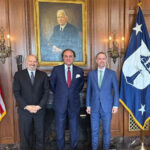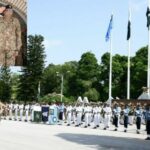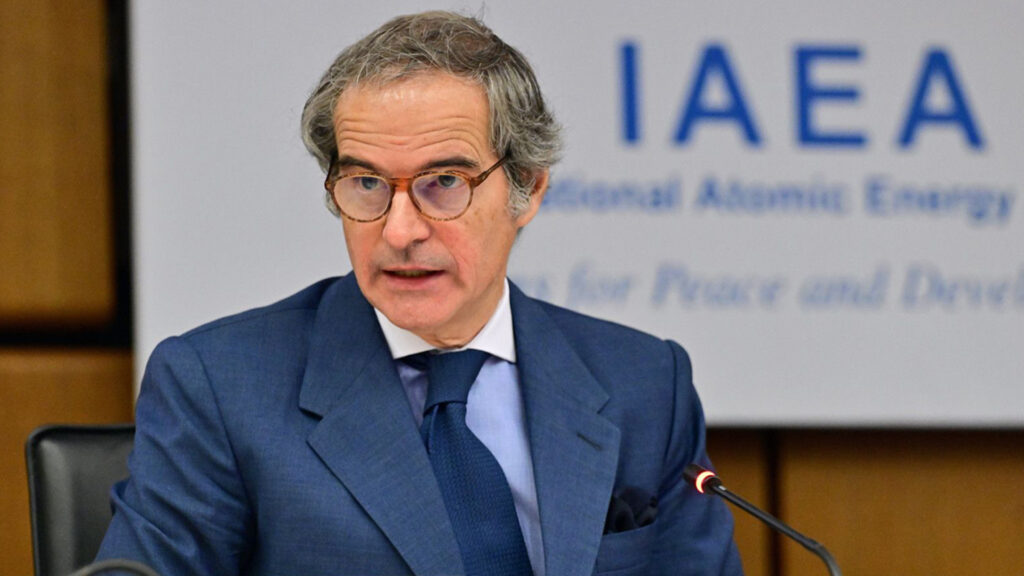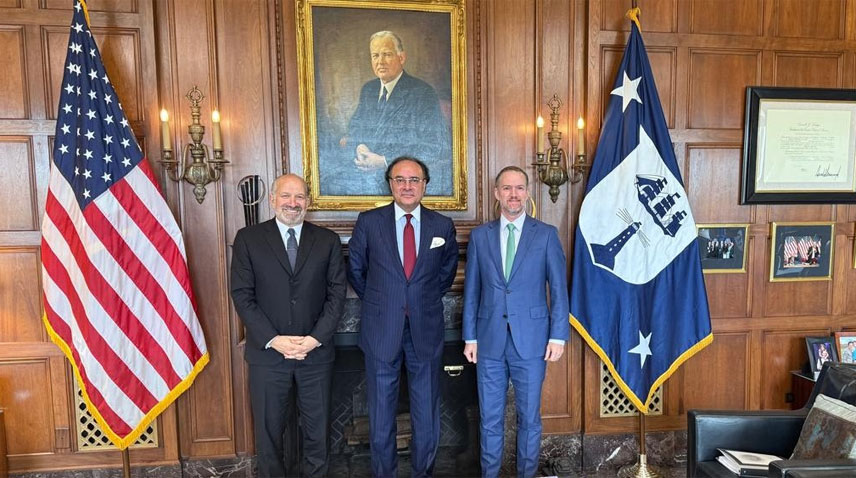Vienna – IAEA Director General Rafael Grossi expressed “deep regret” over Iran’s potential withdrawal from the Nuclear Non-Proliferation Treaty (NPT), warning that such a move could fracture the cornerstone of global nuclear security. The statement follows Iran’s parliamentary vote to suspend cooperation with UN nuclear inspectors.
Escalation Triggers: Security Concerns and Suspended Cooperation
Iran’s parliament approved the suspension of IAEA cooperation until Tehran receives “clear guarantees for the protection of its nuclear sites.” Parliament Speaker Mohammad Bagher Ghalibaf cited recent attacks on Iranian nuclear facilities as justification, stating the move was necessary for national security.
Grossi acknowledged the challenges ahead: “Getting inspectors back into those places is not a simple task,” emphasizing that verification of Iran’s nuclear activities remains urgent.
Table: Iran’s Nuclear Program Status
| Key Metric | Current Status | Strategic Impact |
|---|---|---|
| Highly Enriched Uranium (60%) | 408.6 kg stockpile | Near weapons-grade enrichment level |
| Centrifuge Operations | ~21,900 advanced centrifuges | Significant enrichment capacity |
| IAEA Monitoring | Suspended since 2021 | Critical verification gap |
Technical and Geopolitical Implications
The IAEA has repeatedly noted Iran’s 60% enriched uranium stockpile exceeds civilian needs. Grossi identified restoring monitoring as a “number one priority” amid concerns about possible weaponization. The standoff occurs against a backdrop of heightened regional tensions following attacks on nuclear facilities at Fordow and Natanz.
Historical Context: From Agreement to Confrontation
Iran has been an NPT signatory since 1970. The 2015 JCPOA nuclear deal established temporary constraints, but its collapse after the U.S. withdrawal initiated a new escalation cycle. Some analysts suggest recent hostilities have reinforced Tehran’s perception that nuclear deterrence is essential for national security.
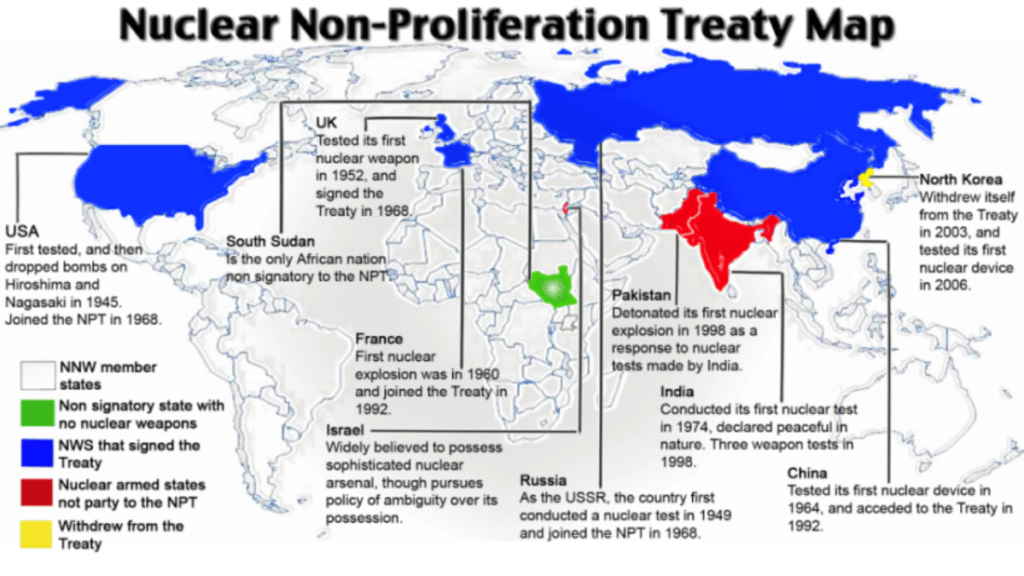
Global Consequences: System-Wide Risks
Grossi cautioned that Iranian withdrawal could cause “serious erosion in the NPT structure” with cascading effects:
- Regional Proliferation Pressures: Saudi Arabia has declared it will match nuclear capabilities; Egypt may revisit its nonproliferation stance
- Institutional Crisis: Tehran accuses the IAEA of politicization following recent condemnations
- Diplomatic Gridlock: Major power divisions hinder coordinated responses
Pathways Forward
Iran maintains its nuclear program remains peaceful. President Masoud Pezeshkian asserts Tehran seeks only its “legitimate rights” under the NPT. Grossi urges renewed dialogue but acknowledges Iran’s demand for security assurances must be addressed. Experts warn that without de-escalation, the Middle East risks descending into nuclear competition.
Conclusion: The Precarious State of Nuclear Order
The crisis underscores the fragility of nonproliferation frameworks when security concerns override treaty obligations. As Grossi observed, Iran’s potential exit reveals how “treaties expose; they do not shield” nations facing security threats. Preventing irreversible damage to the global arms control system requires addressing legitimate security concerns while preserving essential verification mechanisms.
#IranNuclear #NPT #IAEA #NuclearSecurity #ArmsControl #MiddleEastSecurity #GlobalDiplomacy #NuclearNonProliferation #IranIAEA #PeacefulEnergy



